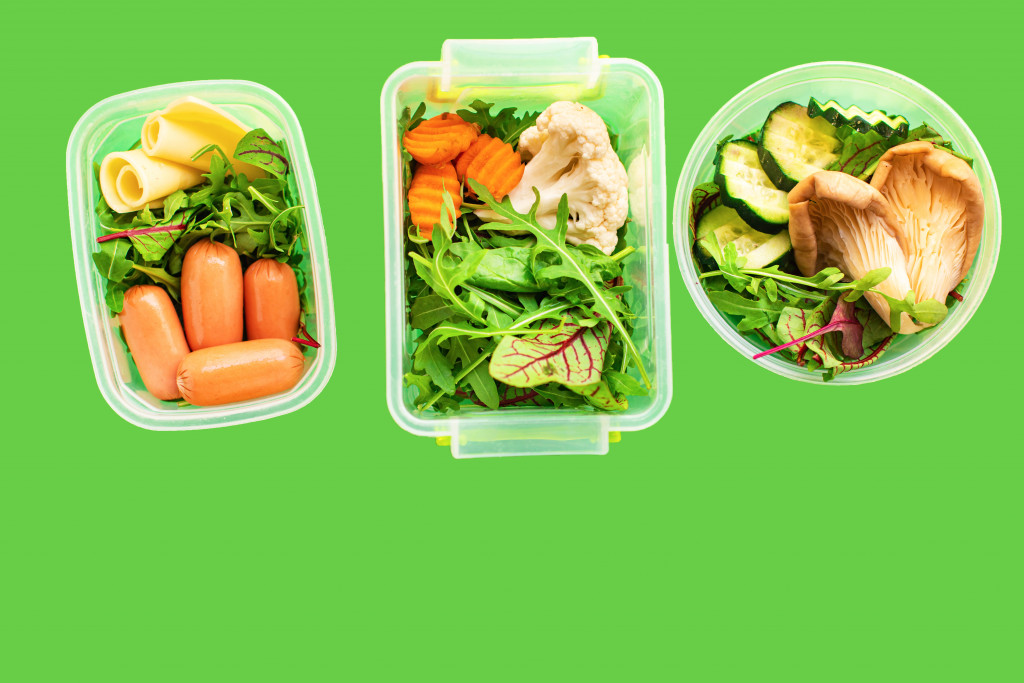- Hypertension is prevalent among older women due to hormonal changes, pregnancy, and a sedentary lifestyle.
- Weight gain and diet, particularly high sodium intake and processed foods, increase hypertension risk among women.
- Gestational hypertension during pregnancy increases the risk of chronic hypertension later in life.
- Prevention techniques include weight loss surgery, regular exercise, a healthy diet, and prescribed medication.
- Regular monitoring and preventive lifestyle changes significantly reduce older women’s risk of developing hypertension.
Hypertension or high blood pressure is a prevalent health condition affecting millions worldwide. However, it is more common in older women than in men. According to the World Health Organisation (WHO), hypertension affects more than about 30% of people globally, increasing by 60% in the next decade. This staggering prevalence rate is alarming because hypertension is a leading cause of heart disease, stroke, and kidney disease. But why is it so common among older women? Here’s what you need to know about hypertension, why older women get it, and how to prevent it.
What is Hypertension?
Hypertension is having a systolic blood pressure (the top number) of 140 mm Hg or greater and diastolic blood pressure (the bottom number) of 90 mm Hg or greater. Left untreated, it can lead to serious health conditions such as heart attack, stroke, and kidney disease.
Why Older Women Are More Likely to Have Hypertension
Several factors contribute to the higher prevalence of hypertension among older women. These include:
1. Hormonal Changes
One of the leading reasons hypertension is so common among older women is fluctuating hormonal levels. Hormones such as estrogen and progesterone regulate the blood vessels constriction and dilation. As women age, their bodies produce less estrogen, which may cause their blood vessels to constrict, leading to hypertension. Furthermore, hormonal changes during menopause may also cause hot flashes, headaches, and increased heart rate, all of which can contribute to high blood pressure.

2. Pregnancy
Sometimes, hypertension develops during pregnancy in some women. This is what medical professionals call gestational hypertension. If left untreated, it can lead to pre-eclampsia, which can be life-threatening for both the mother and baby. Those with gestational hypertension are at a higher risk of developing hypertension later in life.
3. Sedentary Lifestyle
Another leading cause of hypertension among older women is a sedentary lifestyle. Women who do not engage in regular physical activity, such as walking, running, or weightlifting, are more likely to develop hypertension. Regular exercise helps lower blood pressure, regulates blood vessels, and improves cardiovascular health.
4. Weight Gain
As women age, their metabolism slows down, and they tend to gain weight. Weight gain, especially around the waist, increases the risk of hypertension. This is because when a person gains weight, the heart has to work harder to pump blood to all body parts, increasing blood pressure.
5. Diet
Lastly, your food contributes to your overall health and hypertension. Older women who consume a diet high in sodium (salt), caffeine, and processed foods will likely develop hypertension. Moreover, consuming a diet high in fruits, vegetables, lean protein, and fiber can help reduce blood pressure.
Prevention Techniques
There are various prevention techniques to reduce hypertension. Here are four effective techniques:
Surgery
One of the best ways to prevent hypertension is through surgery. An affordable weight loss surgery can help reduce weight, which in turn can reduce blood pressure. The surgery reduces the stomach size, allowing people to feel full faster and consume fewer calories.
Exercise
Regular exercise is crucial for preventing hypertension. This includes engaging in moderate aerobic exercises such as running, cycling, or swimming three times a week for at least 30 minutes per session. Strength training can also help reduce blood pressure by strengthening the heart muscles and improving circulation.

Diet
Eating a healthy diet is essential for hypertension prevention. Women should consume more fruits, vegetables, lean protein, and whole grains while limiting processed foods, sugary drinks, and sodium-rich snacks. Furthermore, replacing table salt with low-sodium alternatives can help reduce blood pressure significantly.
Medication
Finally, taking medication can help reduce hypertension. This includes beta-blockers, ACE inhibitors, and diuretics. However, it is best to consult a physician before starting any new medication as they could have side effects.
Older women can significantly lower their risk of developing hypertension by taking the necessary preventive steps, such as exercising regularly and eating healthily. It is always essential to speak with your doctor about any changes you make to understand better and manage your health.
Hypertension is a prevalent health condition affecting millions of older women worldwide. Understanding why older women are more likely to have hypertension and taking the necessary preventive steps can reduce the risk of developing this condition. Regular visits to your doctor can help you stay up to date with your blood pressure and other health conditions. Keeping your heart healthy is essential for living a long, happy life.

